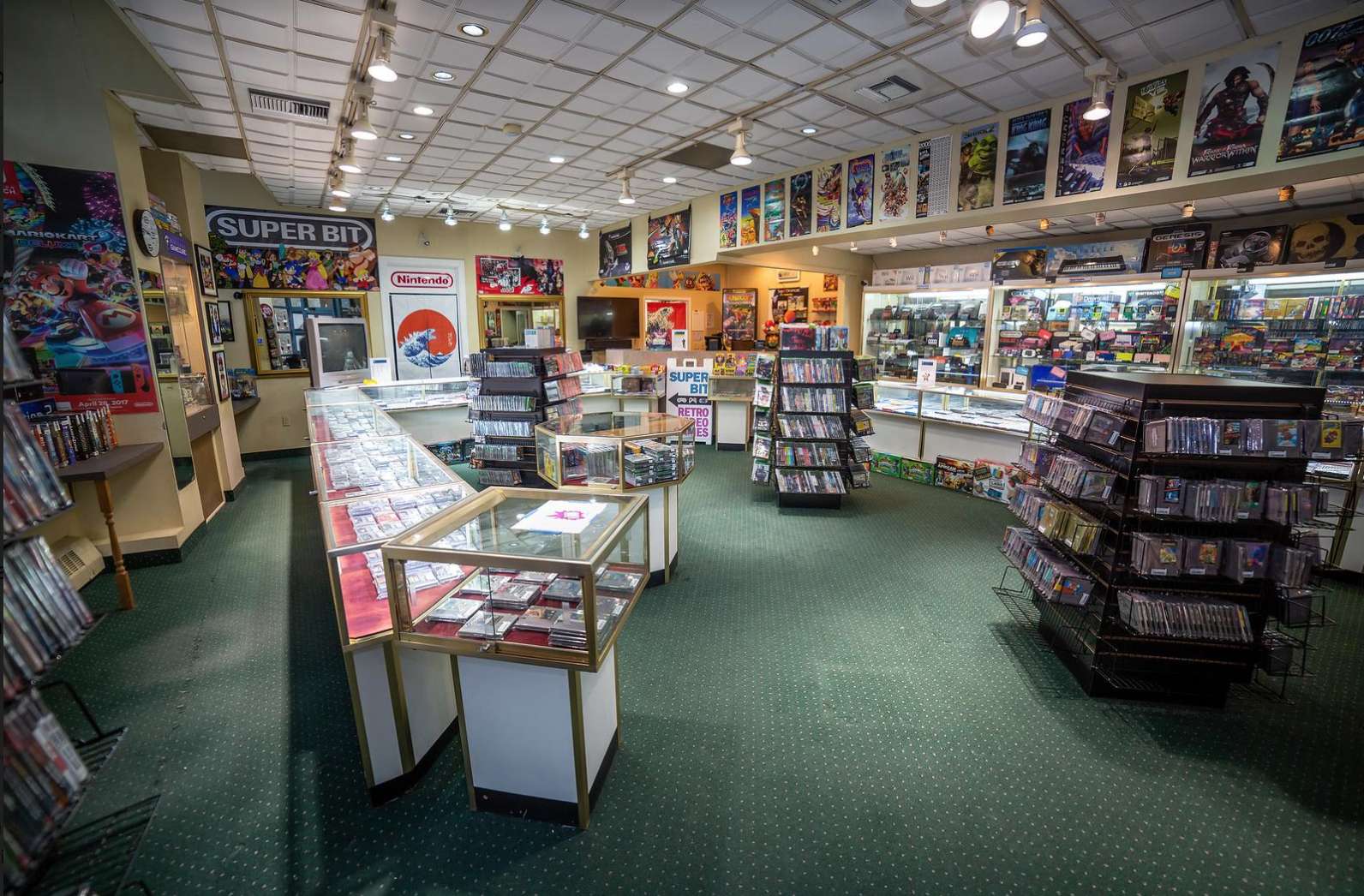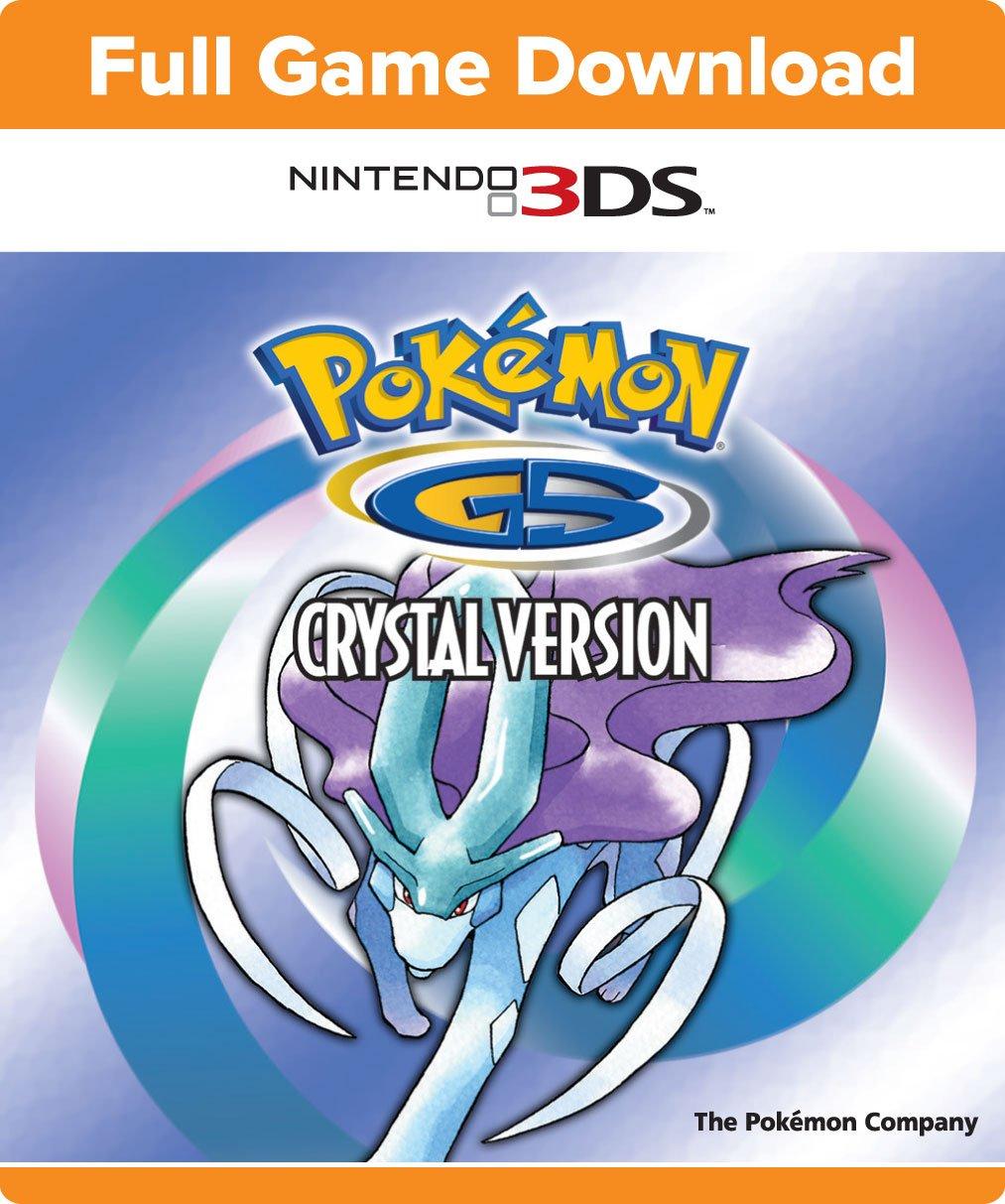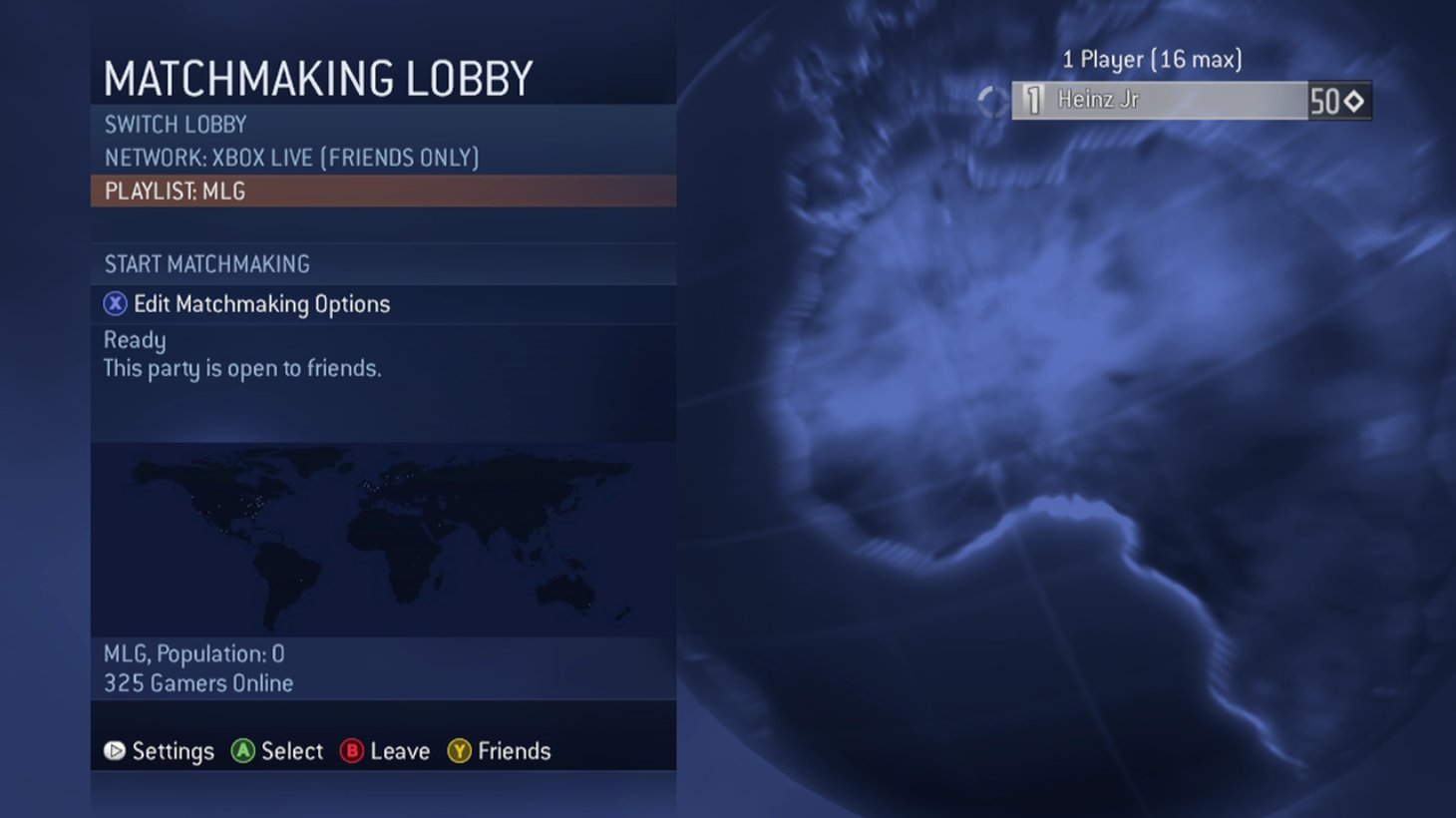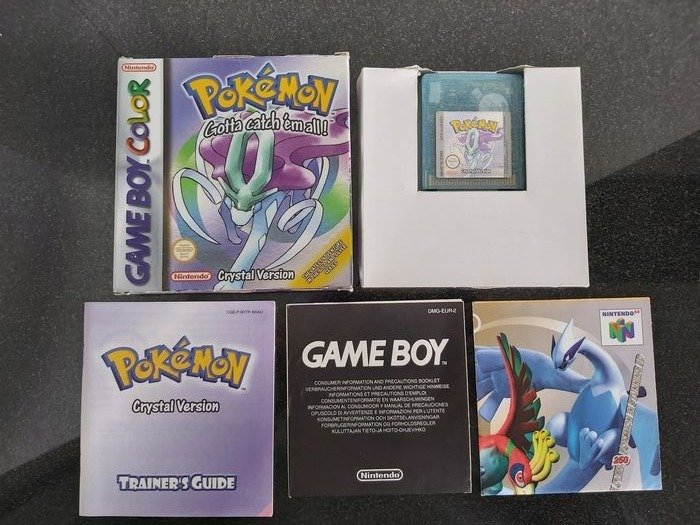Let’s talk a little bit about gaming and game collecting. Specifically, let’s talk about the way in which we purchase and play games. Video games come in all different shapes, sizes, and genres. Once sold as large black and grey cartridges, video games now often have zero physical footprint beyond a small stack of memory hardware hosted in a cloud data center in some remote location. Though making current games more accessible to a broader audience today, triple a gaming’s digital evolution could significantly affect the lifespan of many titles and the perceived value of owning a game.
Back in the 2000s, buying a video game was simple. You patiently waited in the backseat of your family’s car on the way to your retailer of choice, you walked into the store, and you purchased the title you wanted – complete with a whole box and instruction manual. Of course, this experience still exists, but it is no longer seen as the primary avenue for delivering games to consumers across the globe (almost 70% of all Playstation games sold in 2021 were digital). Instead, developers and platform creators push consumers to go fully digital. Why go to the store when you can buy a game in the comfort of your own home and simply wait four hours for it to download? Though there are some advantages to purchasing and playing games this way, I contend that it may end up doing more harm than good for the average consumer over time. There’s a lot to unpack on this topic here, even well beyond the scope of this post, but let’s start with the positives of buying a game digitally from your console’s online store:

The Advantages of Going Digital
The digital revolution is here to stay; there is no denying it. With developers and console platforms now uploading their entire library of current games to online shops in the cloud, you can pretty much buy any game, for any current console, whenever you want – regardless of how obscure it might be. With internet speeds increasing at an almost exponential rate and with the introduction of 5G across most of the developed world, the long wait time will be a non-factor in the decision to purchase a game. Regrettably, even physical copies of games now require an absurd amount of DLC, even day one. So regardless of whether you decide to buy online or not, you’re frequently getting some kind of download. Adding to the benefit of purchasing a game online is the ability to play it anywhere that your account exists. In a new location with a new system? No worries, just log in, head to the online store, and download your library of games.
Subscription services such as Xbox Game Pass have now made it so that, for a monthly fee, you can more or less play an infinite number of games at a reasonable cost (let’s be real, it’s kind of an insane deal) – as long as they’re supported by the platform and you keep paying (Game Pass Ultimate is $15.00 per month or roughly $180 per year). Instantly, you have access to a vast library of games – that you don’t own.
There is also the massive problem of games that are simply unobtainable in physical form and are forced to survive through 3rd party emulation. However, I believe that this is mostly outside the scope of this conversation (it really deserves its own post). Dunkey covers this well in the second half of his video on Video Game Pricing.

The Drawbacks
And this is where the problem of digitally-purchased games begins. Aside from a stamp in an online store, you have little material claim to a digital game; this, as I will explore, poses some significant challenges as time goes on. As someone who enjoys collecting games, owning a game is essential beyond simply playing them (their primary function). I own the game, and no one can take that from me. If I want to play it, or say my child wants to play it in 30 years, I am not dependent on the existence of some online entity to play it or download it again. This is an even bigger problem with live-service games and online schemes; your ownership and ability to replay a game are only as good as Microsoft’s network and your service provider.
Think, for example, about the recent decommissioning of Halo‘s Xbox Live services for the 360. A developer or platform can technically drop support for any title they’d like at any given moment. And although this wasn’t a major issue for Halo, given its small player count on Xbox 360 and the ability to actively play all of the older titles online with the Master Chief Collection, we can clearly see the predicament. Live-service games like World of Warcraft pose an even bigger issue for developers and gamers alike: when do we decide to stop supporting old, outdated software that still services a significant player-base? At least when WoW shipped, it was a complete game. “Live service” today just seems like an excuse to ship a half-baked game and frontload all of the profit – I’m looking at you Halo: Infinite.

The advent of physical games also creates an important marketplace for gamers to play and collect from. I own a physical item with some level of inherent value, which I can sell or trade. Currently, there is no way to purchase a “used” digital game at a discount or at the price of a neighbor’s liking. And as games age, this becomes an even bigger problem, if no or very few physical copies of a game exist and no online store carries it, you either: a) can’t play the game, b) are damned to play some bogus emulation or c) go broke buying a rare physical copy – it’s sort of difficult to say that you “own” an emulation. Game developers and platforms must find a way to address this as new games and services age. While I believe NFTs do provide some exciting opportunities for creating a marketplace for “used” digital games, the power of blockchain makes me wary of what some developers might do.

What Else?
Ok, the obvious rebuttal here is, “who cares? I play games in the moment to have fun in the moment.” That is a totally valid point of view, but it’s simply not a realistic one for the broader marketplace. While I admit there is clearly a market for people who just want to plug, play, and move on using a service like Game Pass, there are people, like myself, who love to collect, catalog, and revisit games. I don’t want to lose an entire inventory of games in 15 years because my Xbox Series X broke and I can no longer access the store to re-download them on another Series X. However, more important than my preferences for playing and collecting are the games themselves. Ultimately, there are absolute masterpieces out there that developers poured their hearts and souls into, which we’ve forgotten about or can’t access simply because they’re “old.” That’s just not fair.


